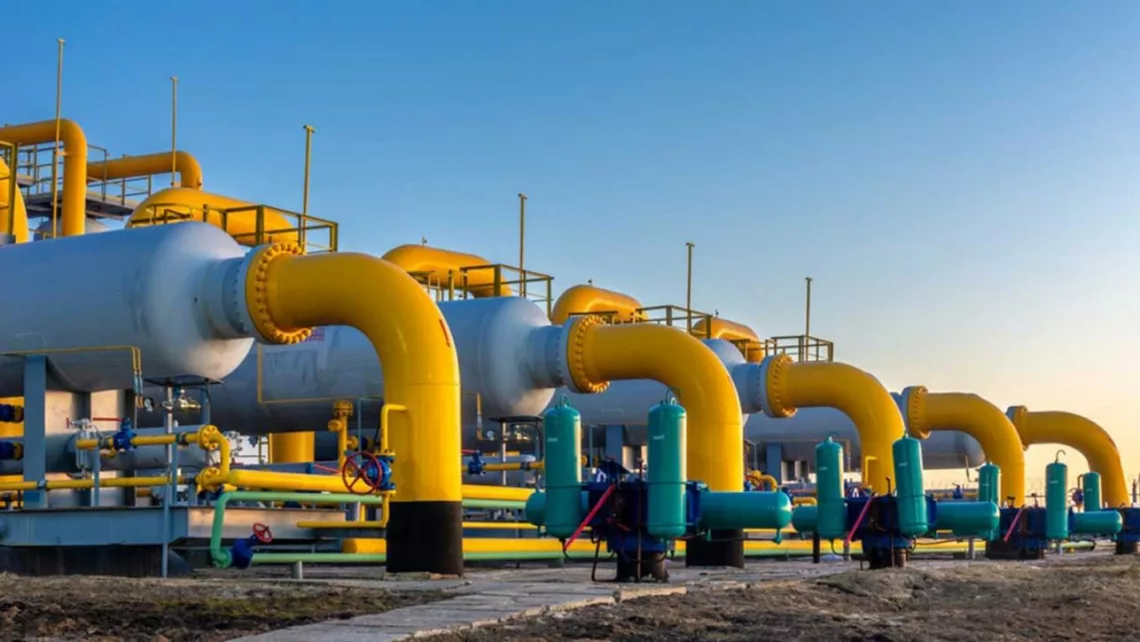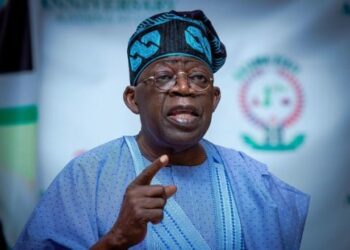In a proactive move to expedite the Final Investment Decision (FID) for the Nigeria-Morocco Gas Pipeline, the federal government has intensified discussions with the Kingdom of Morocco.
The pivotal meeting took place on Wednesday, January 24, 2024, during a rendezvous between the Honourable Minister of State for Petroleum Resources (Gas), Hon. Ekperikpe Ekpo, and the Moroccan Minister of Energy Transition and Sustainable Development, Ms. Leila Benali.
Facilitated by NNPC Ltd.’s executive vice president, Gas, Power & New Energy, Mr. Olalekan Ogunleye, and the director general of the Morocco National Office of Hydrocarbons and Mines (ONHYM), Mme Amina Benkhadra, the discussions aimed to drive the partnership between the two nations and propel the Nigeria-Morocco Gas Pipeline Project. This initiative aligns with the Memoranda of Understanding (MoUs) inked by the countries in Abuja in 2022.
The talks underscored the strategic significance of the project to both nations and the broader African continent. Emphasising the urgency, the parties committed to accelerating the project’s completion, aligning with the objective of addressing energy poverty across Africa.
The Cooperation Agreement for the 48” x 5,300Km pipeline, signed in 2017, spans from Nigeria to Dhakia (Morocco), covering 1,700km from Dhakia to Northern Morocco. With a substantial capacity of 30 billion cubic meters (bcm) per year (equivalent to 3.0 billion standard cubic feet of gas per day), the pipeline will traverse multiple West African nations, terminating in Morocco with a spur reaching Spain.
Given the international scope of the project, the ECOWAS Commission assumed a pivotal role in facilitating inter-governmental treaties, host government agreements, establishing the Pipeline Higher Authority, and ensuring alignment with AU, UN, and other relevant international bodies.
Beyond regional connectivity, the project holds the promise of driving the monetisation of Nigeria’s abundant gas resources. It further cements NNPC Ltd.’s position as an energy leader in Africa and fosters economic and regional cooperation among African countries. The ongoing discussions mark a significant step towards bolstering energy infrastructure and addressing the energy needs of the continent.





